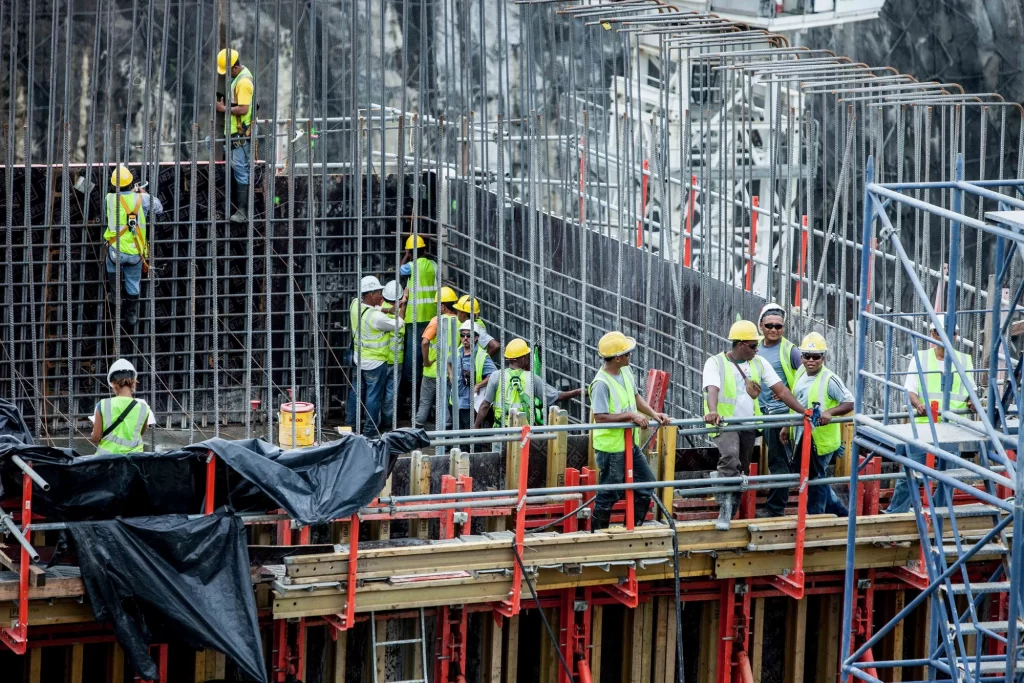Private Sector Investment in Infrastructure: A Government Call to Action
2 min read

Mohammed Liban, the Petroleum Principal Secretary, has urged private investors to participate in the development of key infrastructure projects, including roads and ports across the country. During his recent visit to the Lake Gas Facility in Vipingo, Liban highlighted the critical role that private investment plays in the nation’s infrastructure growth and sustainability.
Liban emphasized that the government is actively seeking to engage both local and international investors in these initiatives. He pointed out that their involvement is not only vital for the development of infrastructure but also has the potential to be financially beneficial over time. The PS acknowledged that private investors can help bridge the funding gap without relying on government funds, thereby contributing to projects that can become self-sustaining and yield returns.
“The current economic situation is challenging, with 70% of our national revenue dedicated to debt servicing and 20% to civil servant salaries, leaving only 10% for other government expenditures,” Liban explained. Given these financial constraints, he suggested that partnering with the private sector could be an effective solution. Private investors could finance infrastructure projects independently, thereby alleviating the pressure on the national budget and enabling these projects to eventually support themselves financially.
Liban also assured that the government is dedicated to transitioning from fossil fuels to liquefied gas. He stressed that this shift prioritizes environmental safety, aims to provide a secure and reliable gas supply, and supports the advancement of sustainable energy practices.

The Lake Gas Facility, which is nearing completion, is expected to become operational within the next 2-3 weeks. Once functional, the facility will not only benefit the entire nation but also serve neighboring countries in East Africa, significantly impacting the regional energy landscape.
“With this facility, we anticipate a reduction in gas prices, making it more affordable for households and public institutions. This aligns with the president’s vision and mission,” Liban stated. He also mentioned that the Kenya Petroleum Refinery Limited is now complete and ready for commissioning, with a capacity to produce 1,200 metric tonnes of LPG.
The government’s efforts in the LPG sector are strategically aligned with the Kenya National Cooking Transition Strategy (KNCTS) 2024–2028. This comprehensive plan reflects the government’s commitment to transforming the energy sector, aiming to ensure a sustainable and efficient shift to cleaner cooking solutions.